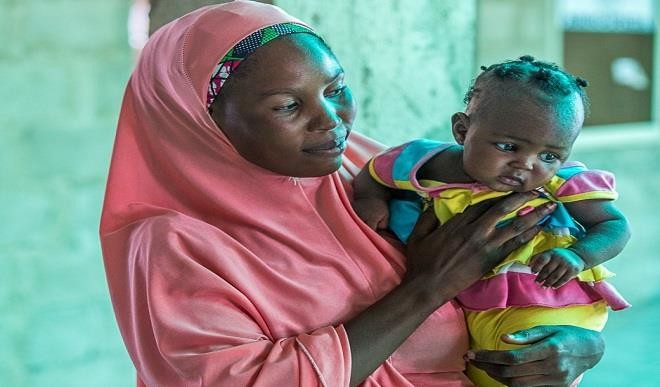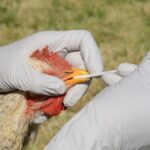
Breastmilk contains all the nutrients and fluids a baby needs for the first six months of life. It is the first and best protection a baby has against an array of illnesses and diseases – it’s a critical first vaccine for the baby.
Breastmilk helps to prevent pneumonia and diarrhea; two of the leading causes of death for children under five. Babies who are breastfed are 14 times less likely to die than those who are not fed breastmilk.
Breastfeeding reduces the incidence of death in new-born babies. As new-borns account for nearly half of all deaths of children under five; the longer breastfeeding is delayed, the higher the risk of death in the first month of life.
Delaying breastfeeding by 2-23 hours after birth increases the risk of dying in the first 28 days of a baby’s life by 40 per cent.
Breastfeeding helps in the cognitive development of children, meaning they do better in school, and longer breastfeeding durations are associated with higher scores on intelligence tests.
Breastfeeding benefits not only individual children and families, but also the entire economy. The World Bank’s new Investment Framework for Nutrition notes that every dollar invested in promoting breastfeeding can generate a return of $35 in economic benefits.

 Join Daily Trust WhatsApp Community For Quick Access To News and Happenings Around You.
Join Daily Trust WhatsApp Community For Quick Access To News and Happenings Around You.


